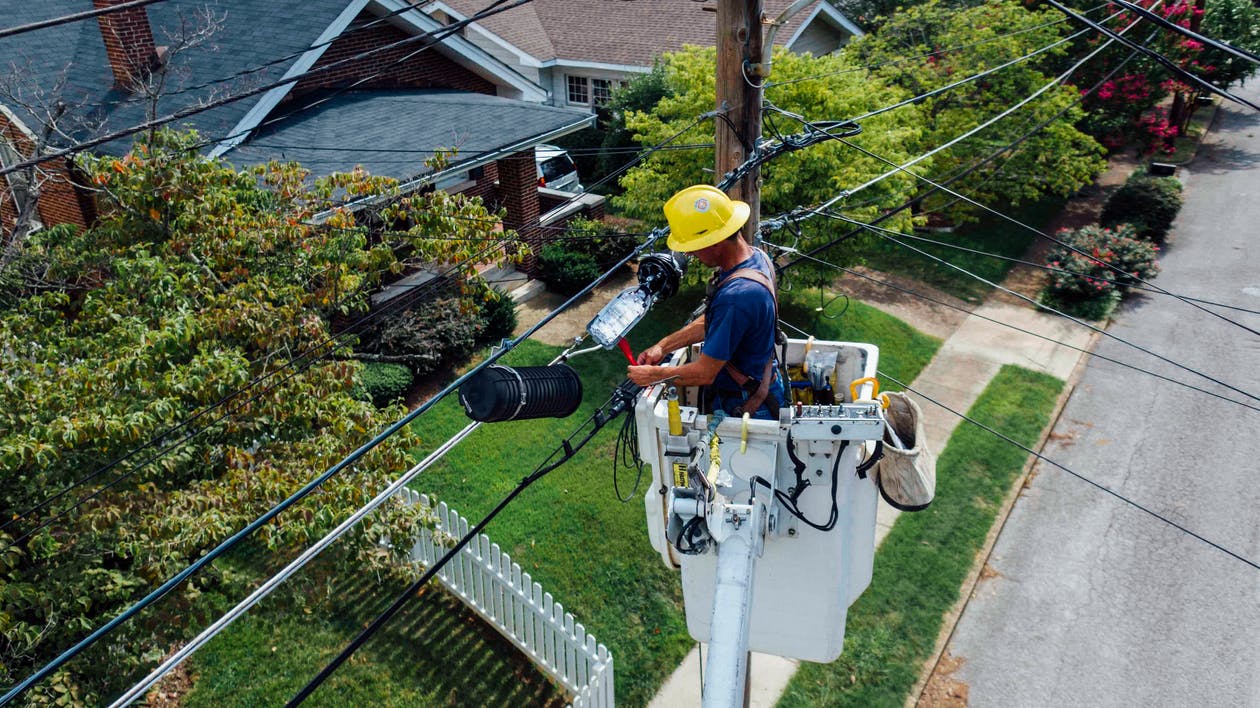
Scammers are on the prowl pretending to be utility companies to scam customers out of money. They contact customers threatening to immediately turn off their service if they don’t make an immediate payment. If you are contacted by someone threatening to disconnect your utilities unless you pay right away, it is probably a scam. Let’s see how these scams work and what you can do to safeguard your money.
Spotting Utility Scams
Each year countless consumers are affected by utility scams. Scammers are calling and sending phishing texts impersonating your gas, electric, or water company saying your utilities will be shut off if you don’t pay them immediately. Some may even have your account information. They tell customers that they must pay by wiring money--through reloadable or prepaid gift cards, by CashApp, and most recently, payment by bitcoin or cryptocurrencies was demanded. If anyone contacts you out of the blue and demands you to pay them using any of these payment methods, it is a scam. These payment methods are preferred by scammers because it allows them to get your money quickly and it’s hard to track. It is difficult or impossible for the victim to recover their money back.
Avoid Utility Scams
If you are contacted by anyone demanding payment for utility services, investigate before you pay. Hang up the phone and contact your utility provider yourself. You can locate their contact number by reviewing your bill or statement. If you do not have a statement, check the utility company’s official website for their contact information. If you receive a text demanding payment, avoid clicking any links included in the text. Never send money to anyone you have not verified as legitimate and don’t forget the payment methods scammers prefer. Don’t give out your personal or financial information to anyone you have not checked out.
Check your bill. If you owe a balance, check the payment options and pay as you normally do. For customers that are having trouble making payments, there are options available to assist you, including payment arrangements. Due to COVID-19, some states have requirements in place regarding disconnecting utilities. You can contact your state or local consumer protection office for more information and other helpful resources.

What to Do If You’ve Been Scammed
Report suspected scams immediately. Here’s who to contact:
Make sure to follow BCA on Facebook to stay updated on scam warnings and for tips to help keep you protected. Share this information with others so they can avoid similar scams.
About Business Consumer Alliance
Business Consumer Alliance (BCA) is a non-profit company that started in 1928. The broad purpose of BCA is to promote business self-regulation. BCA's mission is achieved by assisting consumers in resolving complaints with businesses and using that complaint information, along with other relevant information such as customer reviews, to forecast business reliability. With community support, BCA can identify trustworthy and ethical businesses and warn the public to avoid unscrupulous businesses whose purpose is to defraud the marketplace. BCA also helps businesses promote themselves by providing services and tools to protect their business and reach out to their customers. BCA obtains its funding from member businesses who support the mission and purpose of the organization and who agree to abide by high standards of ethical business practices.